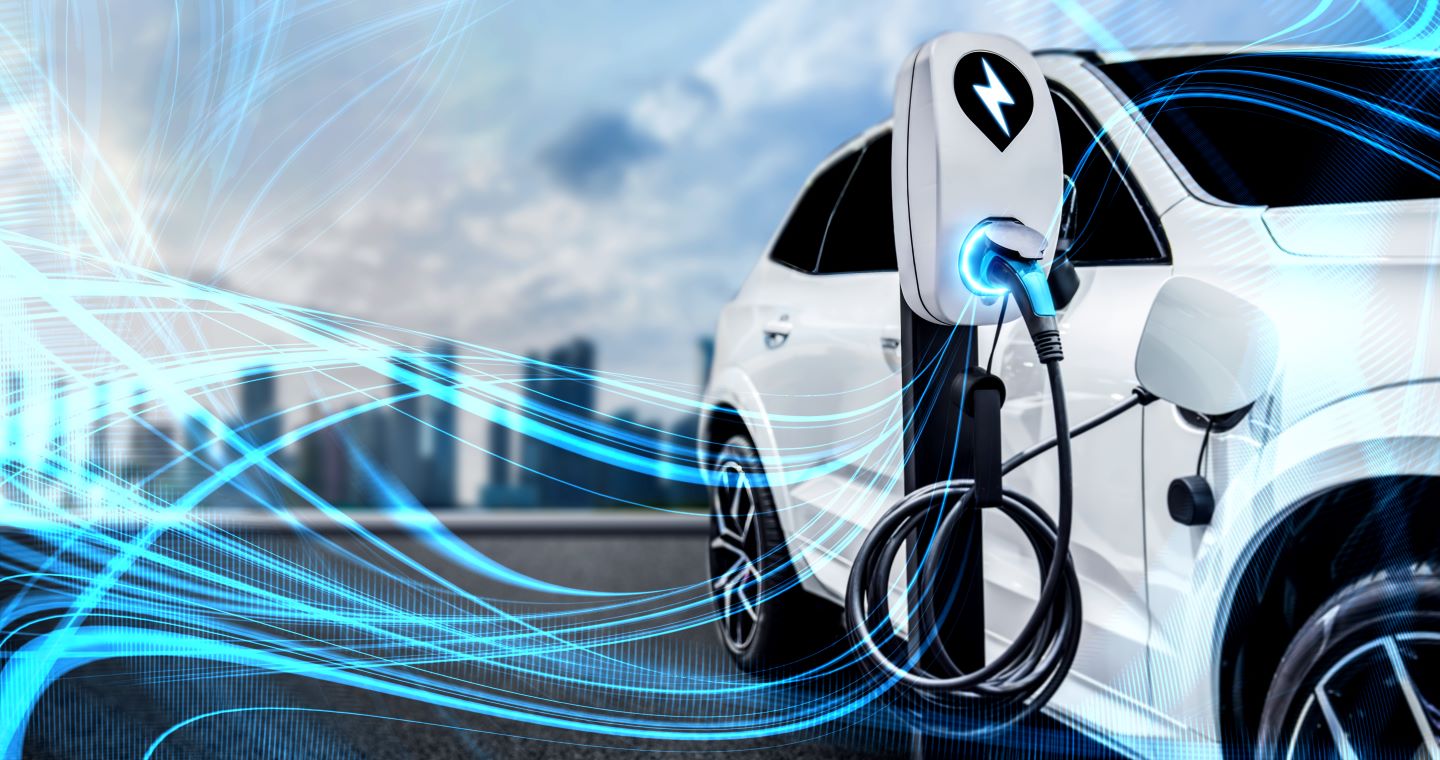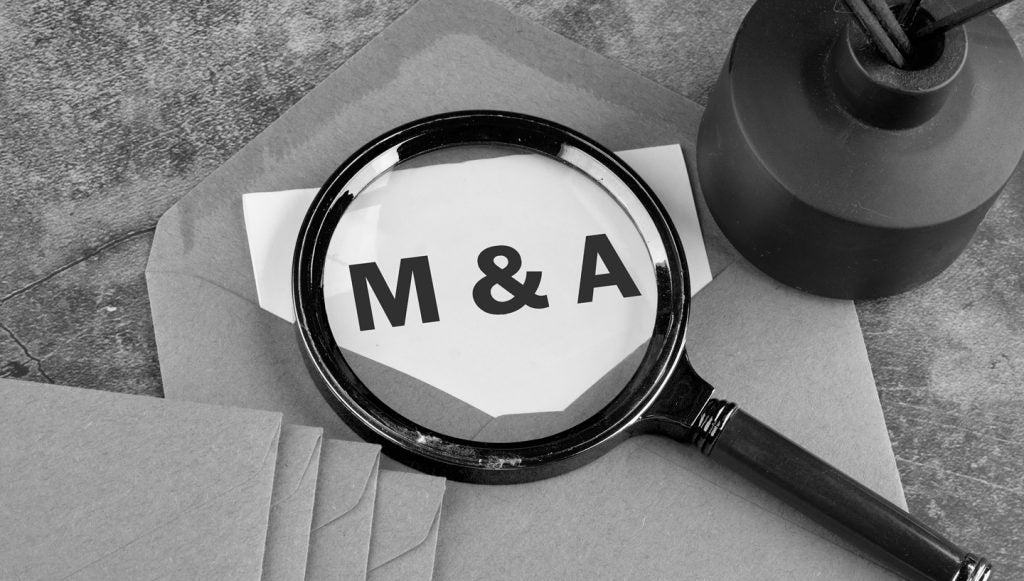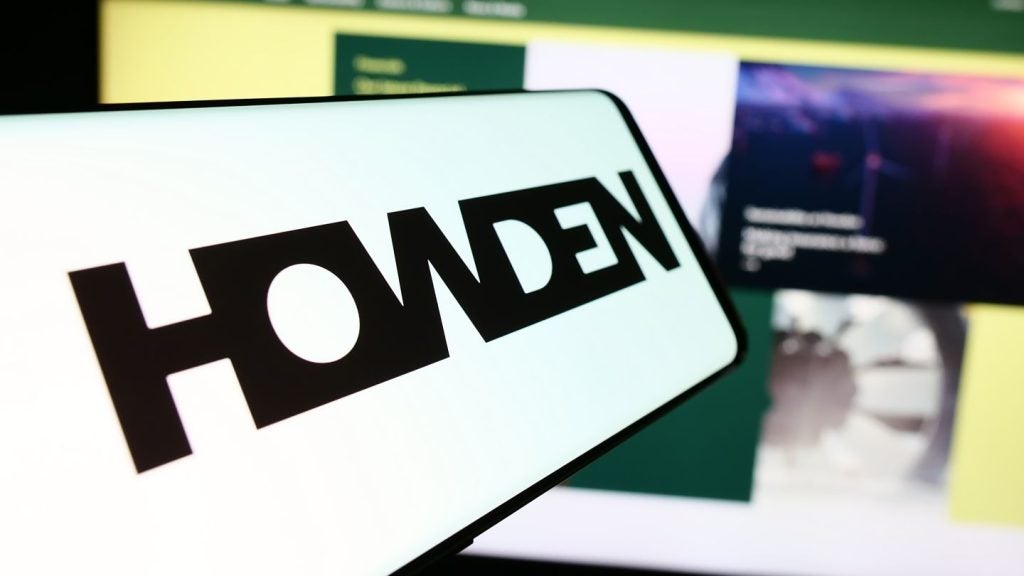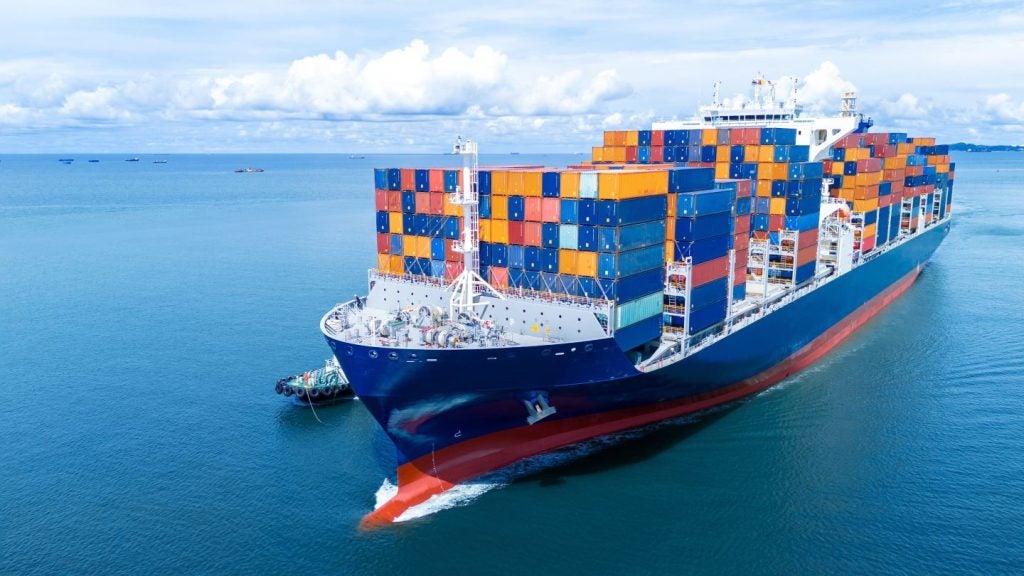Chubb has launched a new Lloyd’s of London consortium intended to provide coverage for risks associated with the transit and storage of lithium-ion batteries. Improving the capacity in areas that are associated with the global transition to net zero is getting higher on insurers’ agendas as electric vehicles (EVs) become increasingly commonplace.
The consortium has been set up to provide more enhanced, specific coverage for a growing trend in the marine, aviation, and transit line: as more batteries (and EVs) are produced and shipped across the world, the risks associated with transporting or storing them are taking on greater significance. Players involved in this supply chain will now be able to get coverage of up to $50m for risk types associated with lithium-ion batteries including transit and warehouse legal liability.
Despite this evolution in the market, many of the risks associated with lithium-ion batteries are not yet fully understood. This is perhaps best illustrated by the perceived fire risk of these batteries. In February 2022, a container ship carrying $400m worth of EVs caught fire and later sank, meaning the true cause of the fire has not been fully investigated. It was widely perceived that the batteries in the cars on the ship were exacerbating the flames (especially after comments to that effect by the ship’s captain), although nothing has been proven. Similarly, in July 2023 another ship carrying EVs caught fire. This time it was salvaged, and it was considered unlikely to have been caused by one of the EVs on board. Research from the Swedish Civil Contingencies Agency suggests EVs are 20 times less likely to catch fire than combustion-engine cars; it recorded 23 fires from 611,000 EVs in Sweden in 2022 (0.004%) compared to 3,400 fires in 4.4 million combustion-engine vehicles (0.08%).
Demand for lithium-ion batteries has been increasing since they were first invented in the early 1990s. GlobalData forecasts global battery revenue to climb to $168bn by 2030 from just $55bn in 2020. Most of this growth will be driven by the EV industry, with lithium-ion batteries accounting for around 90% of this market in 2030. Ensuring that supply chains for EV batteries are secured going into this key period of transition for the motor industry will be vital for automotive players.

US Tariffs are shifting - will you react or anticipate?
Don’t let policy changes catch you off guard. Stay proactive with real-time data and expert analysis.
By GlobalData






